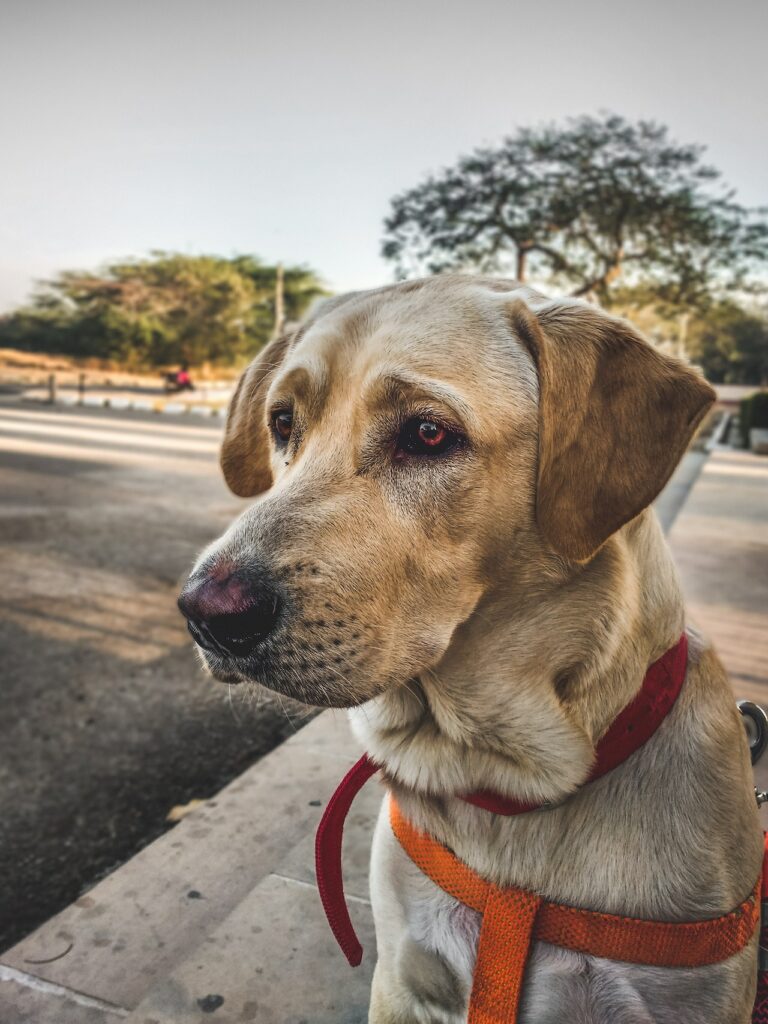Solving the Mystery of why Dogs Fart so Much at Night: A Guide for Dog Owners
Do you ever wonder why your dog seems to fart so much at night? You may be surprised to learn that this isn’t uncommon behaviour. It could be a sign of something more serious. This article will help shed some light on why dogs tend to pass gas more frequently at night and what steps you can take to help reduce the amount of flatulence your pup produces while they sleep. We’ll also uncover why diet plays an important role in their nighttime habits and how small changes can make big improvements for you and your furry friend. So if you’re ready to tackle this issue head-on, let’s get started!
Why Does My Dog Fart So Much at Night?
Most pet owners have experienced the unpleasant reality of their dog’s nocturnal flatulence. The seemingly endless parade of loud and pungent gas eruptions can be a source of frustration and embarrassment, especially when entertaining guests. But why does it happen, and what can you do about it?
Common Causes of Dog Farts at Night
There are several common causes of excessive flatulence in dogs. Let’s take a look at some of them:
1. Diet:
If your pup is eating too quickly or consuming too many treats, it may swallow large amounts of air, leading to increased gas production. Additionally, some foods are more prone to causing gassiness than others—such as those high in carbohydrates, protein or fat—so diet could be a factor.
2. Stress:
Anxiety can also contribute to excessive flatulence in dogs. If your pup seems especially nervous or anxious in certain situations—like fireworks or thunderstorms—it could lead to an increase in their gastrointestinal activities, resulting in more gas emissions.
3. Allergies:
Dogs with food allergies often experience increased gas production due to digestive problems caused by the allergen triggering an abnormality within the body’s systems. An upset stomach can release the excess gas from the digestive tract.
4. Health Problems:
Certain medical conditions can also cause elevated levels of flatulence, such as pancreatitis and colitis; gastrointestinal infections; malabsorption disorders; and parasites like Giardia and Coccidiosis can cause an increase in faecal matter, which leads to a greater amount of intestinal gases being released into the environment.
What You Can Do To Reduce Your Dog’s Farting At Night
Fortunately, there are steps you can take to address the issue and reduce your dog’s nocturnal flatulence levels:
1. Adjust Their Diet:
As mentioned above, diet plays a role in how much gas your pup passes before bedtime, so consider switching up their food for one that is easier on the digestive system (low-carbohydrate diets have proven effective). Additionally, keep treats to a minimum and try feeding smaller meals throughout the day instead of one big meal at night, which could lead to more extensive fermentation processes within the gut. At the same time, they sleep (and likely make matters worse!).
2. Increase Exercise Levels:
Regular exercise helps reduce stress levels and encourages healthy digestion processes, which should help minimize gassiness after dark, so aim for daily walks/runs with your pup if possible!
3. Consider Supplements:
Plenty of supplements on the market are specifically designed to address canine digestion concerns that may help reduce overall flatulence levels (especially ones containing probiotics). However, don’t just go out and buy supplements without consulting your vet first!
4 . Address Stress Levels:
If you suspect anxiety is playing a part here, try using calming products like CBD oil or diffusers with calming scents (lavender has been known to work wonders). Additionally, offering comfort items like blankets or toys near where they sleep may provide additional reassurance during moments when tensions run high… sometimes those things do make all the difference!
5 . Monitor Symptoms Closely:
This one might seem obvious but if you’re concerned about visible changes taking place, then keep detailed logs about their behaviour each day/night along with any dietary changes you make; this will help identify any patterns that need further investigation if things don’t improve over time (such as potential health issues).
Conclusion – Why Does My Dog Fart So Much at Night?
It turns out there are several common culprits behind your pup passing excessive amounts of gas before bed, such as diet choices, stress levels, allergies and even underlying health problems (which always require further investigation). Fortunately, you can take steps right now to get ahead of this issue – such as changing your current diet, increasing exercise sessions, considering supplements, reducing stressors & monitoring symptoms closely – so don’t hesitate to get started today!
Don’t wait until your pup’s gassiness becomes an issue – get them insured today with Furrr.co.uk! Our comprehensive pet insurance packages ensure that every aspect of your health is covered, from flatulence to more serious medical problems. Don’t let the worry of expensive vet bills bring you down – find peace of mind with Furrr.co.uk and start taking control of your pet’s health today! Visit our website for more information and to get a quote now.
We look forward to helping you provide the best care possible for your furry friend!










